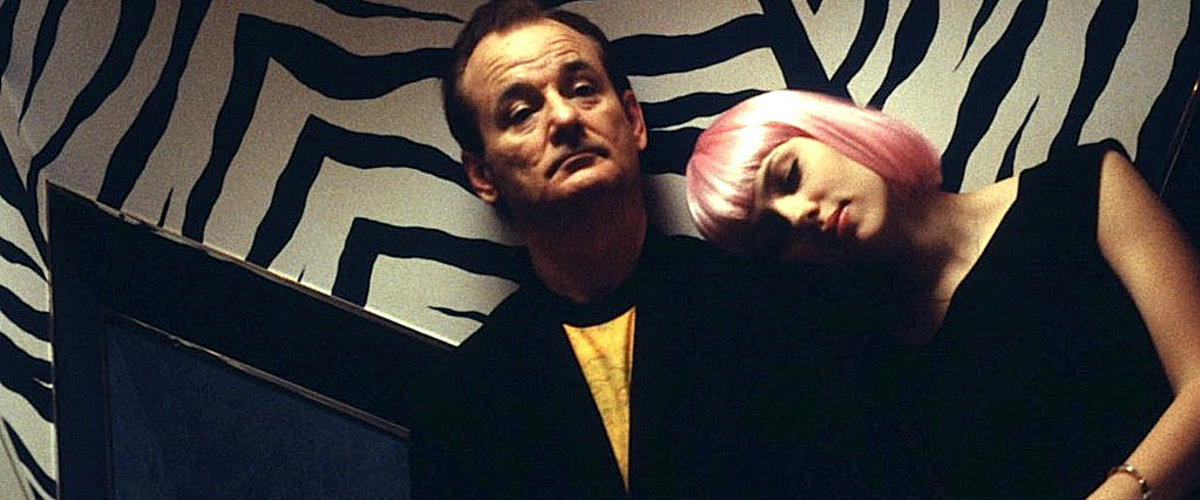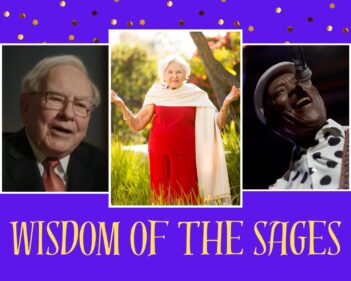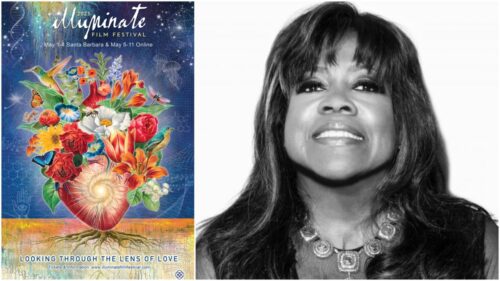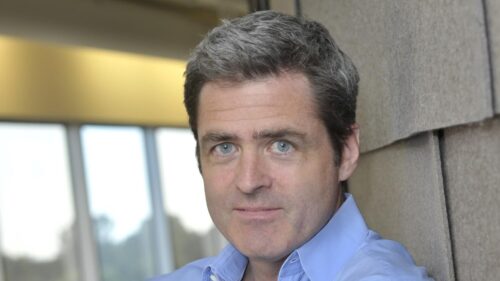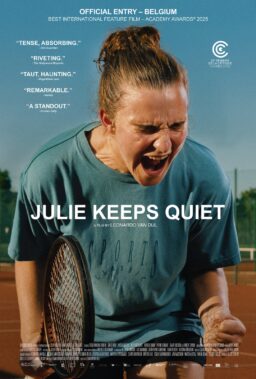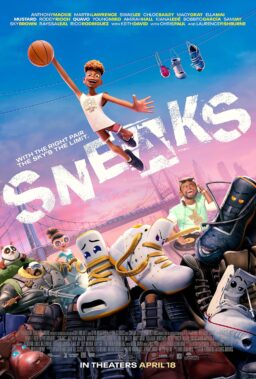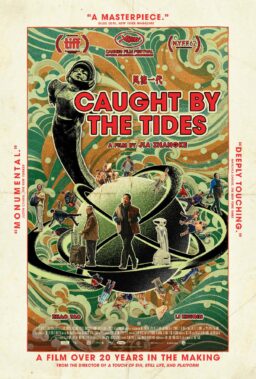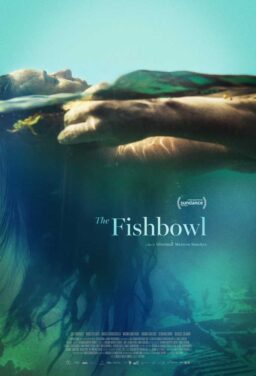Each day during this special week we will be highlighting the filmmakers and actors that Roger championed throughout his career. A table of contents for all of our “Roger’s Favorites” posts can be found here. Below is an entry on writer/director Sofia Coppola.
Sofia Coppola is one writer/director that constantly helped Roger see the world differently, which is just about the best gift any director can give a film critic. He responded with an enthusiasm that was beyond just fandom: he compared her films to classics like “Picnic at Hanging Rock” and “Scenes from a Marriage,” indoctrinated her second film into the Great Movies collection, and often rewarded her work with four stars. Most of all, he always used his words to sponsor the wonder her films were filled with.
On May 5, 2000, Roger gave three-and-a-half stars to Coppola’s directorial debut, “The Virgin Suicides.” From the beginning, Roger was inspired to see Coppola’s films with a unique perspective—to focus on the young boys on the fringes of the story, and to talk about the idea of adolescence. He stresses against the easy log line: “This is not the story of daughters who were driven to their deaths.” Roger then connects it to Peter Weir’s “Picnic at Hanging Rock,” using that story’s open-ended question to share a mystery from Coppola’s film: “For those left behind, they are preserved forever in the perfection they possessed when they were last seen.”
For the way that “The Virgin Suicides” touched upon love, Roger was in awe of how her followup, “Lost in Translation,” had the honesty of Ingmar Bergman’s “Scenes from a Marriage” but set between two strangers. In his four-star review published on September 12, 2003, Roger wrote: “Well, I loved this movie. I loved the way Coppola and her actors negotiated the hazards of romance and comedy, taking what little they needed and depending for the rest on the truth of the characters.”
Roger revisited the movie seven years later on August 4, 2010 to indoctrinate it into his Great Movies collection, also replying to the conversation that seemingly hadn’t ended about the film’s warm question marks: Murray’s still performance, the lack of narrative, those words Murray whispers into Johansson’s ears, et cetera. Like in his best writing, he has some wise suggestions (“‘Lost in Translation’ offers an experience in the exercise of empathy”), and a few deflections (“The slate isn’t blank. It’s on hold,” he writes about Murray’s performance). But the conversation remains subjective, as Coppola always meant it to be. This is even the rare occasion in which a critic feels the need to write, “That’s what I read into the shots. What did you get?” Coppola’s films gave Roger ample ground to advocate questions, especially for a movie in which the climactic whispered words are never meant to be understood by us.
Coppola’s follow-up to “Lost in Translation,” 2006’s “Marie Antoinette,” is arguably her least successful with critics, currently standing at 55% on RottenTomatoes. For Roger, it was another four-star affair from Coppola, as expressed in a review published on October 19, 2006. What’s special about this review is that it expresses a direct fascination with Coppola’s authorship, an act of film love that goes beyond designating quality. For example: “1. This is Sofia Coppola’s third film centering on the loneliness of being female and surrounded by a world that knows how to use you but not how to value and understand you.”
“Coppola is a fascinating director” is an appropriate statement from Roger in his December 21, 2010 review of her next four-star film “Somewhere.” Here, he tries to explain Coppola through similarities to other projects (“Lost In Translation’s” similar “blank slate” male protagonist in hotel rooms) but doesn’t show any wear for her view. Hypnotic as the film is on its own, it further proves that Coppola showed Roger something different, even when working in the recognizable (a paragraph on the film’s heavily-used Chateau Marmont) and truthful (Roger’s reflections on Coppola’s honest portrayal of publicists). After calling her fascinating, Roger beautifully sums up her filmmaking with a simple sentence: “She sees, and we see exactly what she sees.” With 9/10 filmmakers, that statement may feel lifeless. In Coppola’s case, we know it comes from awe.
